Faculty
Janneken Smucker
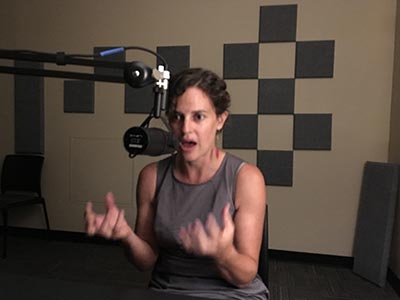
Janneken Smucker, Professor of History, Director of Digital Humanities and New Media. Professor Smucker specializes in digital public history: building websites and digital projects with her students, working with digital oral history platforms, collaborating with non-profits and cultural heritage institutions to digitally interpret content to the public, and disseminating her own research in digital forms. She is also the co-editor of the Oral History Review.
Jordan Schugar

Jordan Schugar is Associate Professor of English whose research interests include digital storytelling, eReading and eTexts, digital literacy culture, and mobile pedagogies. He’s a founding co-director of iNOV8, West Chester University’s on-campus Makerspace, and also an Apple Distinguished Educator.
Robert Fletcher
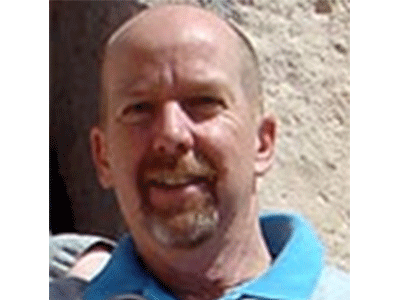
Robert Fletcher, Professor of English. Dr. Fletcher’s research and teaching interests include digital literature, augmented and virtual reality, and gaming and narrative. He built a mobile app, Sight and Song Augmented, remediating poetry about paintings in augmented reality. His DH-related publications include:
“AR as Digital Ekphrasis: The Example of Borsuk and Bouse’s Between Page and Screen.” Proceedings of the 2014 International Conference on Interactive Digital Story-telling. Springer: Lecture Notes in Computer Science, 2014. 220-23.
"Digital Ekphrasis and the Uncanny: Toward a Poetics of Augmented Reality.” In Post-Digital: Dialogues and Debates from electronic book review. Ed. Joseph Tabbi. London: Bloomsbury Academic. February, 2020.
“Puppets, Automatons and Avatars: Automating the Reader-Player in Electronic Literature and Computer Game .” In Playing the Past: History and Nostalgia in Video Games, eds. Laurie Taylor and Zach Whalen. Vanderbilt University Press, 2008. 239-64.
Eleanor Shevlin
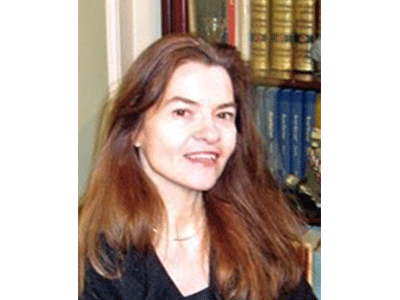
Eleanor F. Shevlin, Professor of English. Dr. Shevlin’s interests include media transformations, electronic editions, and what the digital affords our research practices and making visible our work to the public. In addition to teaching “Introduction to Manuscript, Print, and Digital Cultures,” she regularly integrates DH practices and tools into her classes such as “18th-Century Novels and Newspapers as New Media” and “Novel Narratives: Playing with Print in the Digital Age.
- Early Modern Online Bibliography Online, an academic blog (now on hiatus).
- The Newspaper Wedding (currently private; email me for access)
Laquana Cooke
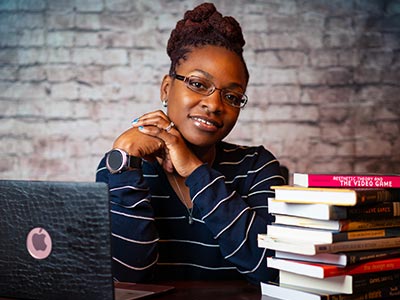
Laquana Cooke is an Assistant Professor of English whose research sits at the intersection of critical pedagogy, media activism, and the performative view of design practices. Her praxis includes developing Metatuning—a game design pedagogical framework—to empower underrepresented youth and optimize their learning experiences: as Program Director of iCamp Summer Media Academy, Dr. Cooke expands metatuning as an organizational model for pre-college, media activism, programming; as a digital rhetoric professor that regularly teaches DH and urban education courses, metatuning shapes her pedagogy; and as game designer, metatuning guides her collaborative design. This work, as well as other critical digital studies has been published, presented, and exhibited in various venues including Technical Communication Quarterly, RSA, IEEE, PAX East, and ISTE.
Andrew Famiglietti
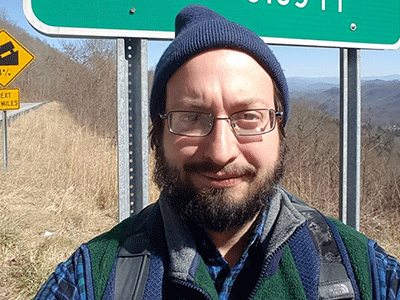
Andrew Famiglietti is an Assistant Professor of English whose research interests include digital rhetoric and digital culture. He has published work on the history and culture of the Wikipedia project in the SAGE Handbook of Web History and Critical Point of View: A Wikipedia Reader. He is a contributor to the Marca project, which builds and maintains an open-source software tool for writing classrooms. He has also developed tools for harvesting and distant-reading material from born-digital texts, resulting in research presented at the PCA/ACA conference and published in First Monday. He's also one of the instructors who regularly teaches DHM 280 - Introduction to Digital Humanities at WCU.
Julie B. Wiest
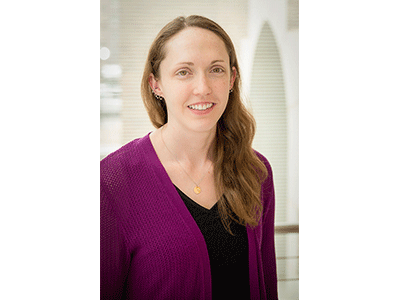
Julie B. Wiest is a Professor of Sociology who focuses on culture and media. In her teaching and research, she is particularly interested in the relationship between new media technologies and sociocultural change, including large-scale changes (e.g., her published studies on the role of social media during and after the 2011 Arab Spring uprisings) as well as those affecting social interaction and the self (e.g., the focus of her course SOC 383: The Digital Self). Dr. Wiest also conducts sociological research using digital data (mostly tweets and online images) and teaches courses on Digital Social Research (SOC 225) and Digital Analytics (SOC 525; required for WCU’s Graduate Certificate in Digital Media Marketing). Find out more on her website.
